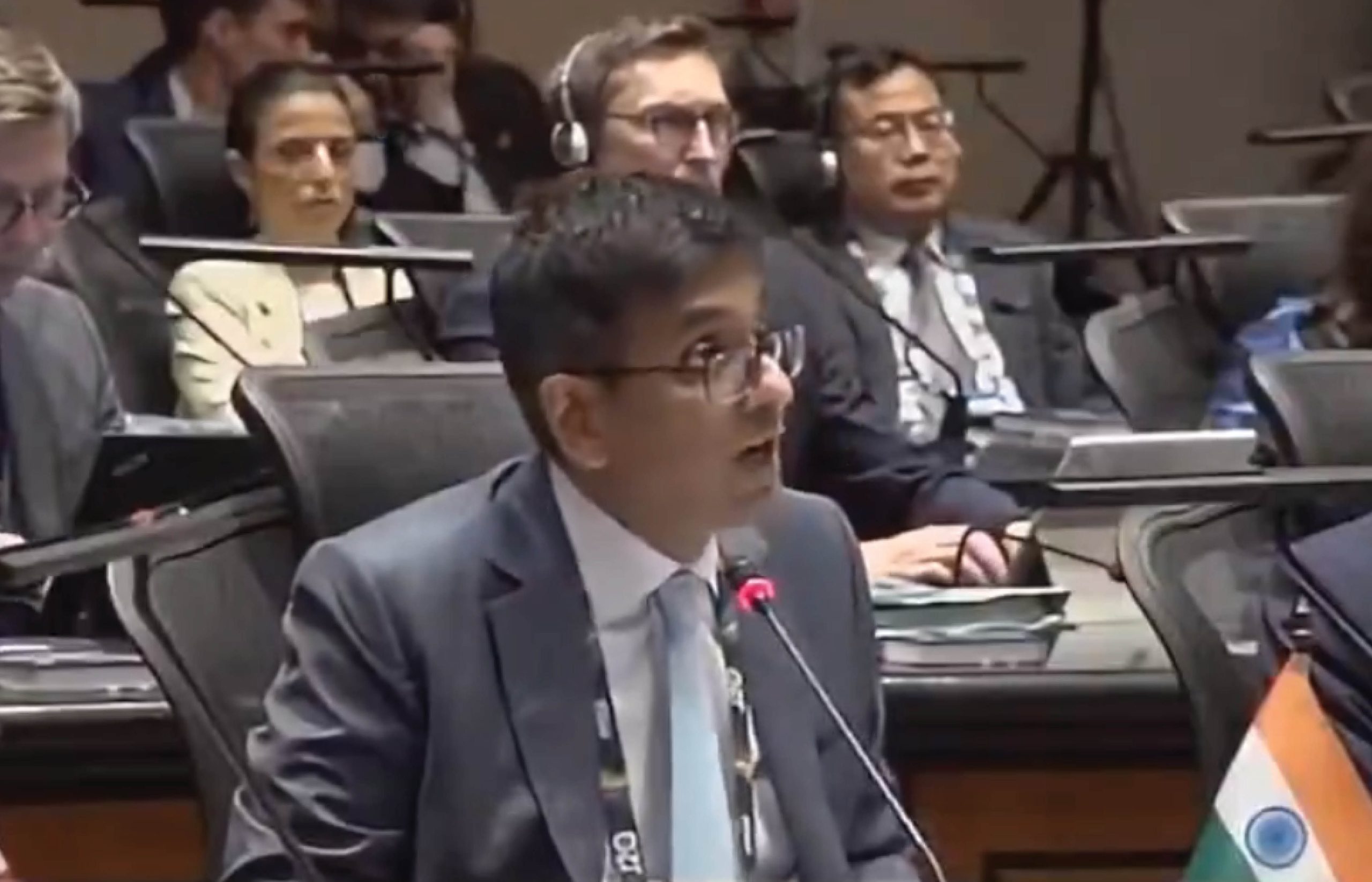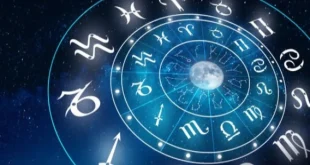
CJI DY Chandrachud : Chief Justice of India Dhananjan Y. at the summit held in Rio de Janeiro, Brazil. Chandrachud participated, in which during his address he gave an important message regarding the decision of the judges.
'A judge is not a prince or a chieftain'
DY Chandrachud, during his address at the summit, said, 'A judge is not a prince or a noble, a judge is an officer holding a public office. Judges are sentencing contempt offenders and taking important decisions on the lives of others, so their decision-making process should be transparent. A judge's decision and the process of reaching that decision should be transparent. They should all be visionaries.
'No decision can be taken with AI'
Referring to Artificial Intelligence (AI), he said, 'Explanation is very important in any matter and it is very important to know why the decision was taken on that matter and on what basis it was taken, so with the help of any such decision. Can't be done aye. As judges, we are neither princes of any place nor sovereigns who ignore the explanation of any decision. We are serving the people and the managers of the society while protecting the rights of the people.
Decisions should be transparent: CJI
The CJI further said, 'A judge's decision and the method of reaching that decision should be transparent. The judge's decision should be understandable to legal scholars and the common people. Judges should try to treat everyone equally.
'Technology enables current decisions to be taken against earlier decisions'
On the role of technology in judicial systems around the world, he said, 'The justice system should be innovative and transparent. Technology has fundamentally changed the relationship between law and society. Thus, technology can not only improve access to justice, but can also refer to decisions taken in previous cases to improve decision making.' Giving examples of technology, he said, 'More than 7.50 lakh cases were heard through video conferencing and important constitutional cases were live-streamed on YouTube.'
 look news india
look news india
